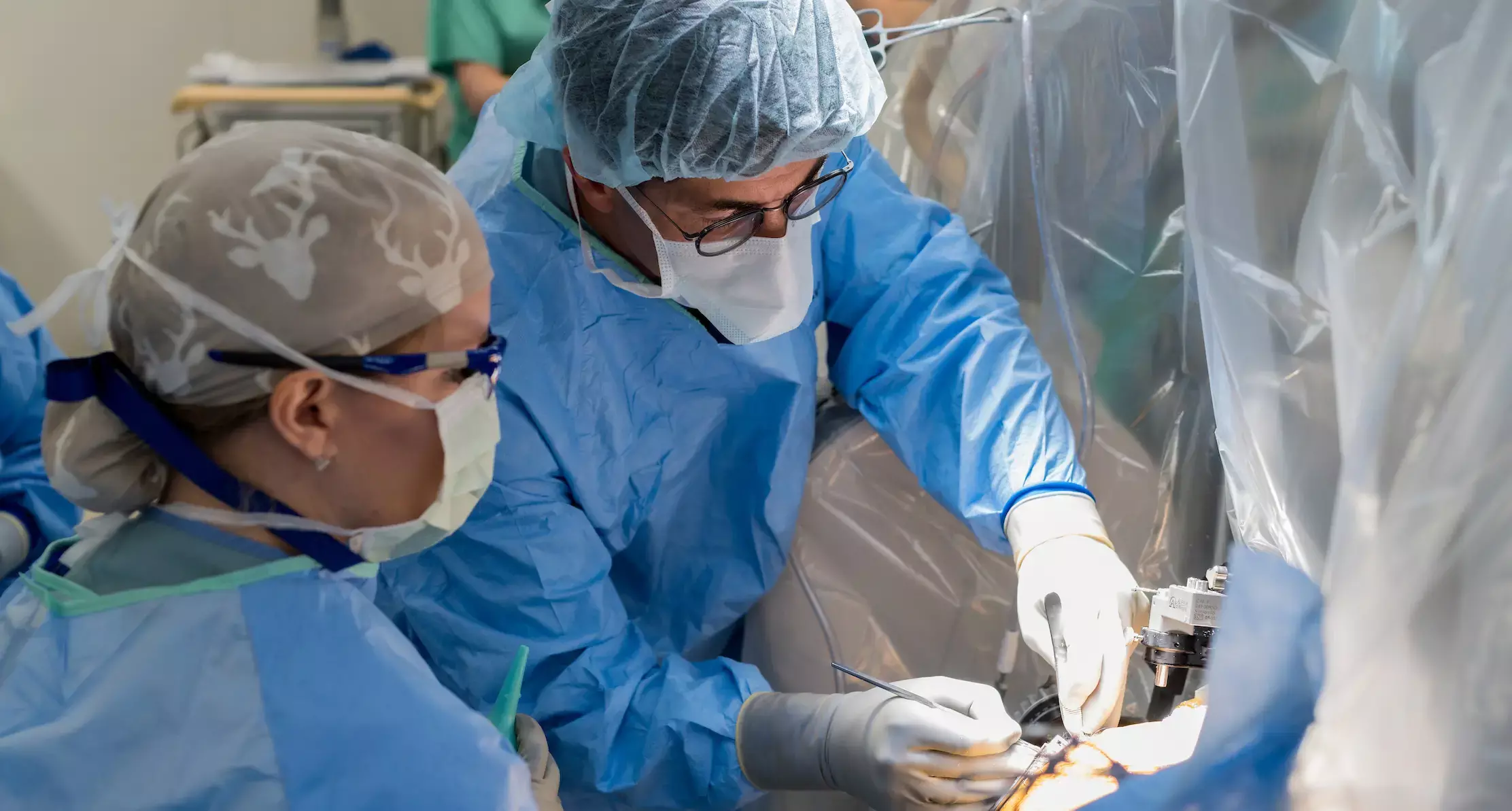- Home
- Medical news & Guidelines
- Anesthesiology
- Cardiology and CTVS
- Critical Care
- Dentistry
- Dermatology
- Diabetes and Endocrinology
- ENT
- Gastroenterology
- Medicine
- Nephrology
- Neurology
- Obstretics-Gynaecology
- Oncology
- Ophthalmology
- Orthopaedics
- Pediatrics-Neonatology
- Psychiatry
- Pulmonology
- Radiology
- Surgery
- Urology
- Laboratory Medicine
- Diet
- Nursing
- Paramedical
- Physiotherapy
- Health news
- Fact Check
- Bone Health Fact Check
- Brain Health Fact Check
- Cancer Related Fact Check
- Child Care Fact Check
- Dental and oral health fact check
- Diabetes and metabolic health fact check
- Diet and Nutrition Fact Check
- Eye and ENT Care Fact Check
- Fitness fact check
- Gut health fact check
- Heart health fact check
- Kidney health fact check
- Medical education fact check
- Men's health fact check
- Respiratory fact check
- Skin and hair care fact check
- Vaccine and Immunization fact check
- Women's health fact check
- AYUSH
- State News
- Andaman and Nicobar Islands
- Andhra Pradesh
- Arunachal Pradesh
- Assam
- Bihar
- Chandigarh
- Chattisgarh
- Dadra and Nagar Haveli
- Daman and Diu
- Delhi
- Goa
- Gujarat
- Haryana
- Himachal Pradesh
- Jammu & Kashmir
- Jharkhand
- Karnataka
- Kerala
- Ladakh
- Lakshadweep
- Madhya Pradesh
- Maharashtra
- Manipur
- Meghalaya
- Mizoram
- Nagaland
- Odisha
- Puducherry
- Punjab
- Rajasthan
- Sikkim
- Tamil Nadu
- Telangana
- Tripura
- Uttar Pradesh
- Uttrakhand
- West Bengal
- Medical Education
- Industry
GA & Local Anesthesia For deep brain stimulation Have Similar Adverse Events: GALAXY Study

Continuous deep brain stimulation (DBS) of the subthalamic nucleus (STN) is an effective surgical treatment for patients with advanced Parkinson's disease (PD). In a recent study, researchers found that deep brain stimulation surgery in Parkinson disease under general and local anesthesia have similar cognitive, mood, and behavioural adverse effects. The study findings were published in the journal JAMA Neurology on September 07, 2021.
DBS under local anesthesia is very burdensome for all patients and holds back some who are actually good candidates for the procedure. However, it is unknown if there is a difference in outcome in asleep (general anesthesia) vs awake (local anesthesia) deep brain stimulation (DBS) of the subthalamic nucleus for advanced Parkinson disease. Therefore, researchers of the Amsterdam University Medical Centers, Amsterdam, the Netherlands, conducted a study to determine the difference in adverse effects concerning cognition, mood, and behaviour between awake and asleep DBS favouring the asleep arm of the study.
It was a single-centre prospective randomized open-label blinded endpoint clinical trial. The researchers included a total of 110 patients and randomized them to the awake group (local anesthesia; n = 56) or asleep group (general anesthesia; n = 54) for DBS surgery. They analyzed the patients from January 2016 to January 2020. The primary outcome follow-up visit was conducted 6 months after DBS. They performed bilateral subthalamic nucleus DBS while the patient was asleep in 1 study arm and awake in the other study arm. They used a frame-based intraoperative microelectrode recording technique to refine the final target placement of the DBS lead. The major outcome assessed was the between-group difference in cognitive, mood, and behavioural adverse effects as measured by a composite score. They also evaluated the Movement Disorders Society Unified Parkinson's Disease Rating Scale, the patient assessment of surgical burden and operative time.
Key findings of the study were:
- Among 110 patients, 103 patients completed 6 months follow-up.
- After 6 months of follow up, the researchers found that the proportion of patients with adverse cognitive, mood, and behavioural effects on the composite score was 15 of 52 (29%) after awake and 11 of 51 (22%) after asleep DBS (odds ratio, 0.7).
- They found no difference in improvement in the off-medication Movement Disorders Society Unified Parkinson's Disease Rating Scale Motor Examination scores between groups (mean difference, −2.0).
- However, they noted that asleep surgery was experienced as less burdensome by patients and was 26 minutes shorter than awake surgery.
The authors concluded, "There was no difference in the primary outcome of asleep vs awake DBS. Future large randomized clinical trials should examine some of the newer asleep based DBS technologies because this study was limited to frame-based microelectrode-guided procedures."
For further information:
Medical Dialogues Bureau consists of a team of passionate medical/scientific writers, led by doctors and healthcare researchers. Our team efforts to bring you updated and timely news about the important happenings of the medical and healthcare sector. Our editorial team can be reached at editorial@medicaldialogues.in.
Dr Kamal Kant Kohli-MBBS, DTCD- a chest specialist with more than 30 years of practice and a flair for writing clinical articles, Dr Kamal Kant Kohli joined Medical Dialogues as a Chief Editor of Medical News. Besides writing articles, as an editor, he proofreads and verifies all the medical content published on Medical Dialogues including those coming from journals, studies,medical conferences,guidelines etc. Email: drkohli@medicaldialogues.in. Contact no. 011-43720751


